We live in a time and age where new trends take shape every few months, dentistry is experiencing a rise in a novel curve of learning – Continuing Dental Education (CDE) programs. Just as abundant as Good Morning WhatsApp forwards, we are bombarded with ads of these courses all over our social media accounts. There’s a lot of confusion regarding them – whether these courses should be regularly done or they are just a wasteful expenditure of time and money. To clear this, we must first understand what exactly are these programs.
Continuing Dental Education or CDE programs as they are popularly known, are defined by the Indian Dental Association (IDA) as ‘designed to offer ongoing education which is intrinsic to deliver high quality dental and oral health care services. The primary objective of such CDE programs is not just to update the clinical knowledge of dental graduates and practitioners, but also to exercise the highest degree of care and improve treatment methods that will be beneficial to the citizens of India.’ Clearly the definition explains well, the importance of keeping oneself updated with the ever developing and expanding field of dentistry. But as students of science, who must question everything before accepting anything, let us explore this definition, part by part, objectively.
‘Designed to offer ongoing education which is intrinsic to deliver high quality dental and oral health care services’ –
An accomplished dental practice with a fixed base of patients may inadvertently push the oral physician in a comfort zone. The good part about this comfort zone is its comfortable cushioning effect; the bad part is lying in a pool of stagnation – which is lethal to the growth of any individual. Not keeping up with the changing concepts and upcoming treatment modalities hinders the quality of oral care provided – and in a competitive world like ours, with clinics mushrooming in every street, this may also cause us to lose that same loyal base of patients to another up-to-date professional.
As a role reversal, CDE programs can also be viewed as a different and lucrative career option for postgraduates who have a flair for teaching and can offer their services to ensure ongoing education of their fellow colleagues.
‘To update the clinical knowledge of dental graduates and practitioners’-
Keeping this in mind, the apex body of dental education in our country, the Dental Council of India (DCI) has recommended 100-150 CDE points over a period of 5 years to be collected by every dental graduate and practitioner, with a minimum of 20 points and a maximum of 50 points a year. These points are awarded to only those dental professionals who attend certain CDE lectures or conferences or workshops. They have been made mandatory for renewal of dental registration (although this part of the recommendation is not enforced in some of the states presently).
However, this proposal also adds on to the responsibility of DCI to ensure that there is no breeding of corruption, no substandard quality of courses and no undue or unethical promotion of brands during the conduction of such programs. Dental professionals also need to be careful in selecting the courses to be done, especially courses making high claims in less duration.
‘To exercise the highest degree of care and improve treatment methods’-
We must not forget that it is not only dentists, but the entire general population whose lives are constantly evolving due to advancements in technology. There are hardly any ‘clean-slate’ patients who visit us – most of them are on the go with Google. They are aware of the problems and available recent treatment options due to the plethora of information accessible on the internet. We are catering to a demanding generation of well-read individuals. The good part is ample literature like dental journals, research papers, articles and videos are obtainable on the same internet medium, and it can be argued that imbibing knowledge through these can be equivalent to upgradation of education. But can we be assured of its authenticity and applicability to Indian population and subpopulation?
When we attend CDE programs, the mentors handpick authentic knowledge and teach in a simplified, dignified manner, which saves our time from flipping through the abundant information and avoids confusion. Coupled with the knowledge is also the long term experience of these mentors which helps us to learn from their mistakes and gauge the applicability of the particular technique or skill taught in the program. Both these factors are essential to exercise the highest degree of care and improve treatment methods employed.
‘ Will be beneficial to the citizens of India’ –
There’s no doubt that a higher skill set benefits our patients, but do these courses really benefit the Indian community of dentists? Does it fit into our ‘Socioeconomics’, which in my opinion is where the CDE programs lack to some extent currently.
The main question that makes us think twice before enrolling for such programs are –
Which conference or course will benefit me and the section of patients I cater to and how do I select the right course? (A point-to- point guide to finding an answer to this is enlisted in Part II of this article).
After complete exploration of the definition, it is clear that this initiative is definitely pointing to a brighter future of dental education and learning, and with a wise selection will prove to be an absolute boon for your dental practice.
-Dr Nupur Shrirao
MDS, Prosthodontics & Implantology
References –
1. www.cde.ida.org.in
2. The gazette of India, New Delhi, Dental Council of India Notification; September 13, 2007 [cited 2015 Jul 10]





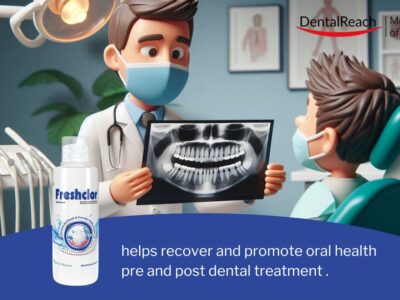
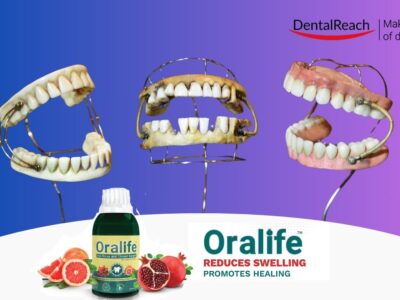
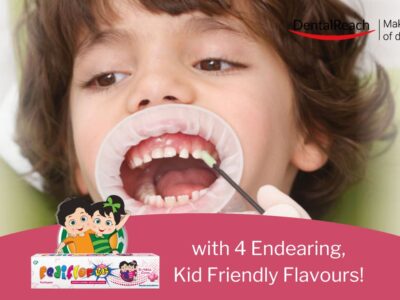


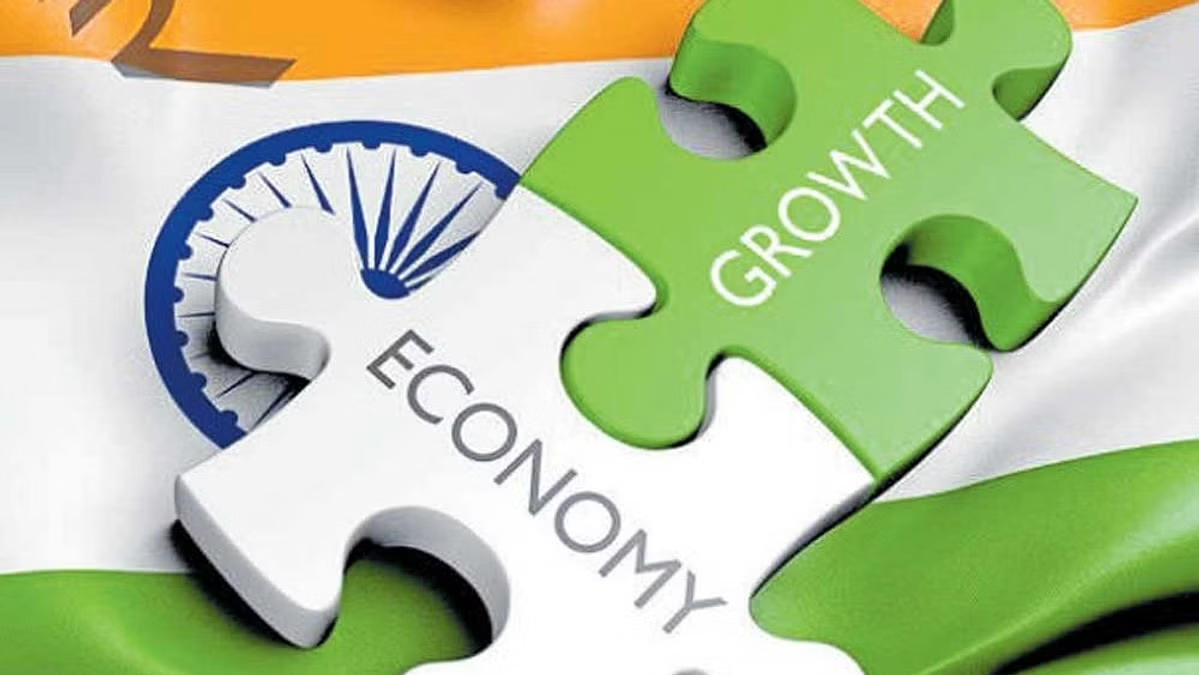








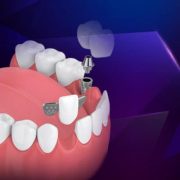
It’s indeed a great effort by Dr. Nupur to update all the dentists regarding myths and facts of CDE.
Is 20 cde points necessary for all over India for dentists ?